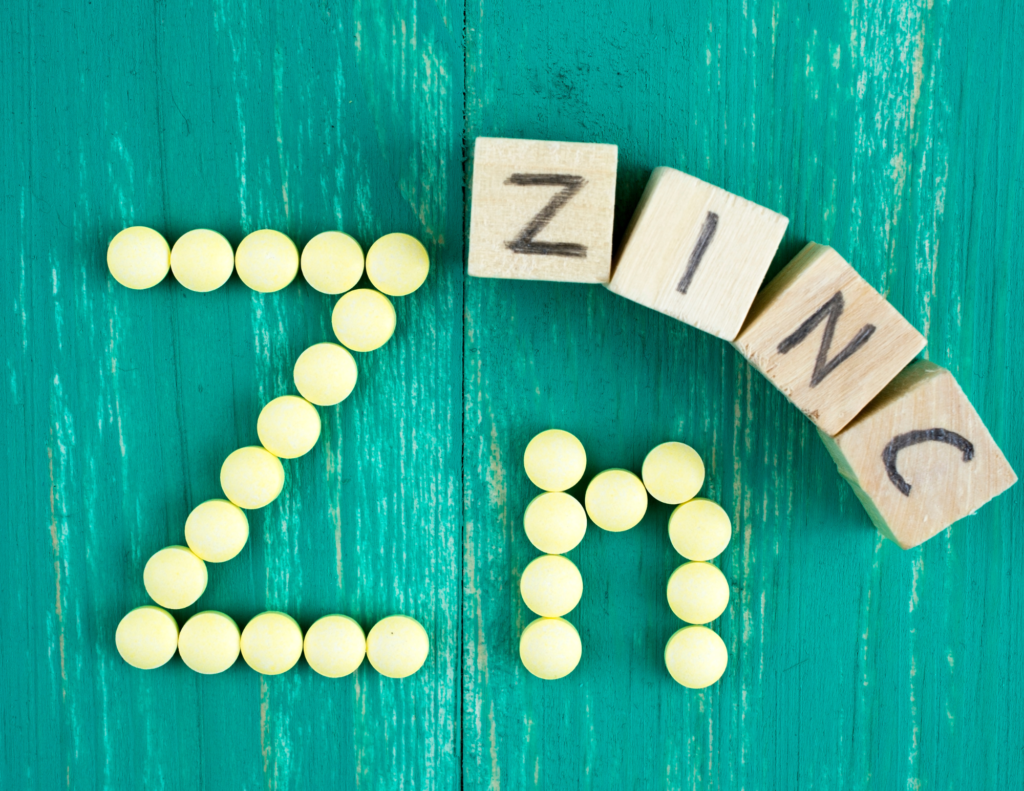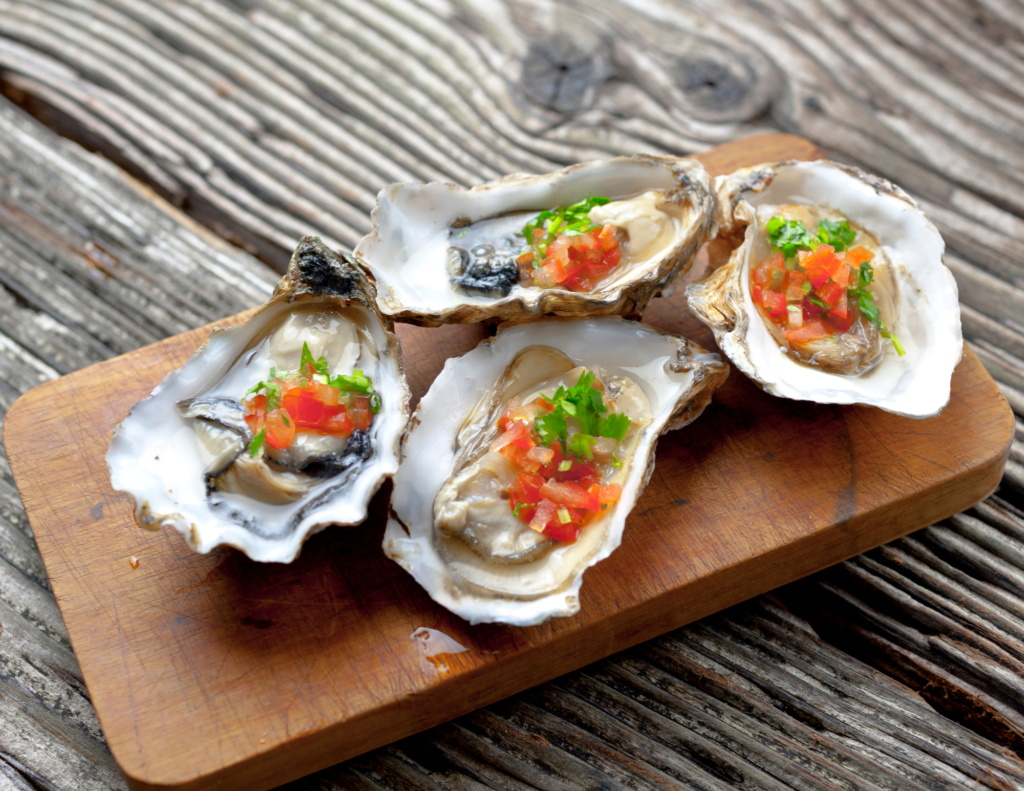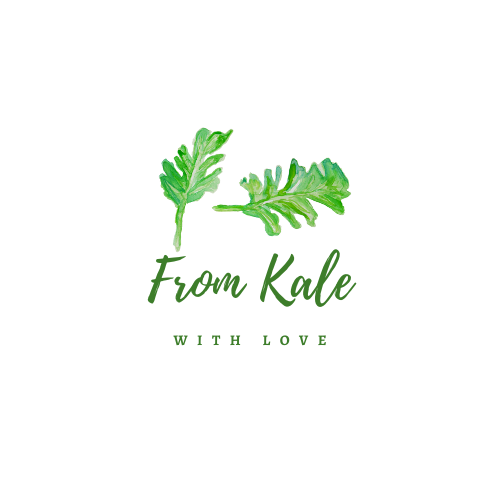Why You Need More Zinc in Your Diet – Foods to Eat & Tips to Optimize This Powerful Mineral
Today we’re talking about all things zinc – the MVP trace nutrient your body relies on that too often gets overlooked. Sure, zinc may not be as glitzy as antioxidant superstars like vitamin C and E, and it certainly doesn’t have the fan club that vitamin D commands but make no mistake, this humble dietary mineral plays an enormously essential role in facilitating enzymatic reactions, supporting growth and development, aiding digestion, and protecting immune health. Researchers now estimate that nearly 2 billion people worldwide have diets chronically low in good zinc food sources leading to a slew of deficiency symptoms over time ranging from frequent colds to stunted growth, infertility, and digestion issues. But fear not girlies, correcting zinc shortfalls is very doable through diet changes and strategic supplementation when needed.
Let’s walk through why we need adequate zinc daily, some top food sources to indulge in, key signals that levels may be lagging, plus pro tips to maximize absorption when you consume plant-based zinc foods. Get ready to make zinc deficiency a thing of the past!
Why Your Body Needs Zinc
I know zinc doesn’t have the hype surrounding fancier phytonutrients but make no mistake zinc is a heavy metal that is essential for facilitating enzymatic reactions, cell growth and division, wound healing, DNA and protein production, and proper sense perceptions like taste and smell. But one of the most important benefits of zinc is that it supports optimal immune health and function. It stimulates and regulates the activity of 300+ enzymes and immune cells that keep viruses, bacteria, and infections from wreaking havoc.
With all these crucial jobs, ensure you get the recommended RDA each day on your quest to optimal well-being:
● 8mg for adult women.
● 11mg for adult men.
Consistently falling short on that number can spell disaster over time. Here’s what happens.
Consequences of Zinc Deficiency
Failing to get adequate zinc over long periods manifests in some not-so-fun ways. These include:

● Frequent infections.
● Persistent diarrhea.
● Loss of appetite.
● Slower wound healing.
● Hair loss.
● Skin conditions like acne/eczema.
● Poor concentration.
● Infertility.
● Growth stunts.
As you can see crummy zinc levels severely impact immunity strength, growth rates, cognitive focus, appearance, and even fertility. No bueno! But fixing deficits is very doable with the right dietary adjustments. Let’s look at excellent whole food sources to amp things up for the better.
Best Zinc Food Sources
While supplements can help fill gaps, it’s ideal to obtain minerals from natural food sources when possible. These provide the most bioavailable forms along with complementary nutrients that boost absorption and utilization in the body.
Excellent options to regularly indulge in include:
● Oysters.
● Beef & lamb.
● Spinach.
● Pumpkin seeds.
● Cashews & almonds.
● Mushrooms.
● Chickpeas.
● Cocoa powder.
● Pork.
● Yogurt.
● Oatmeal.

Oysters, for example, are an off-the-charts zinc source! Just 6 medium oysters pack over 100% your daily needs. Seeds, nuts, red meats and fungi also shine when it comes to generous zinc contents. For my vegetarian folks, opt for spinach sautés, chickpea curries, and cashew or pumpkin seed trail mixes to keep levels locked and loaded!
Hacking Better Zinc Absorption
Now that we know where to find zinc in whole foods, let’s talk about how to enhance how much gets absorbed and utilized once consumed. Here are some pro tips for maximum zinc retention:
● Sprout nuts/seeds before eating.
● Choose sprouted grain breads.
● Soak legumes before cooking.
● Add lemon juice to dishes.
● Avoid overcooking veggies.
● Pair zinc foods with vitamin C.
● Limit sugar, alcohol, and phytic acid.
Sneaky compounds like phytic acid in grains/legumes and oxalic acid from spinach can inhibit full zinc absorption. But easy prep tweaks like soaking, sprouting and strategic pairing with citrus or bell peppers maximizes the amount you ultimately utilize.
The Takeaway on This Trace Mineral
Hopefully this shed helpful light on why we need adequate zinc levels daily, how to identify deficiency warning signs, outstanding whole food sources to indulge in, and my best hacks make sure your body properly absorbs and utilizes this mineral might. Don’t underestimate the power of “boring” yet infinitely essential trace nutrients like zinc! Make it your mission to incorporate more zinc fortified foods or consider targeted supplementation if needs aren’t being met through diet alone.

